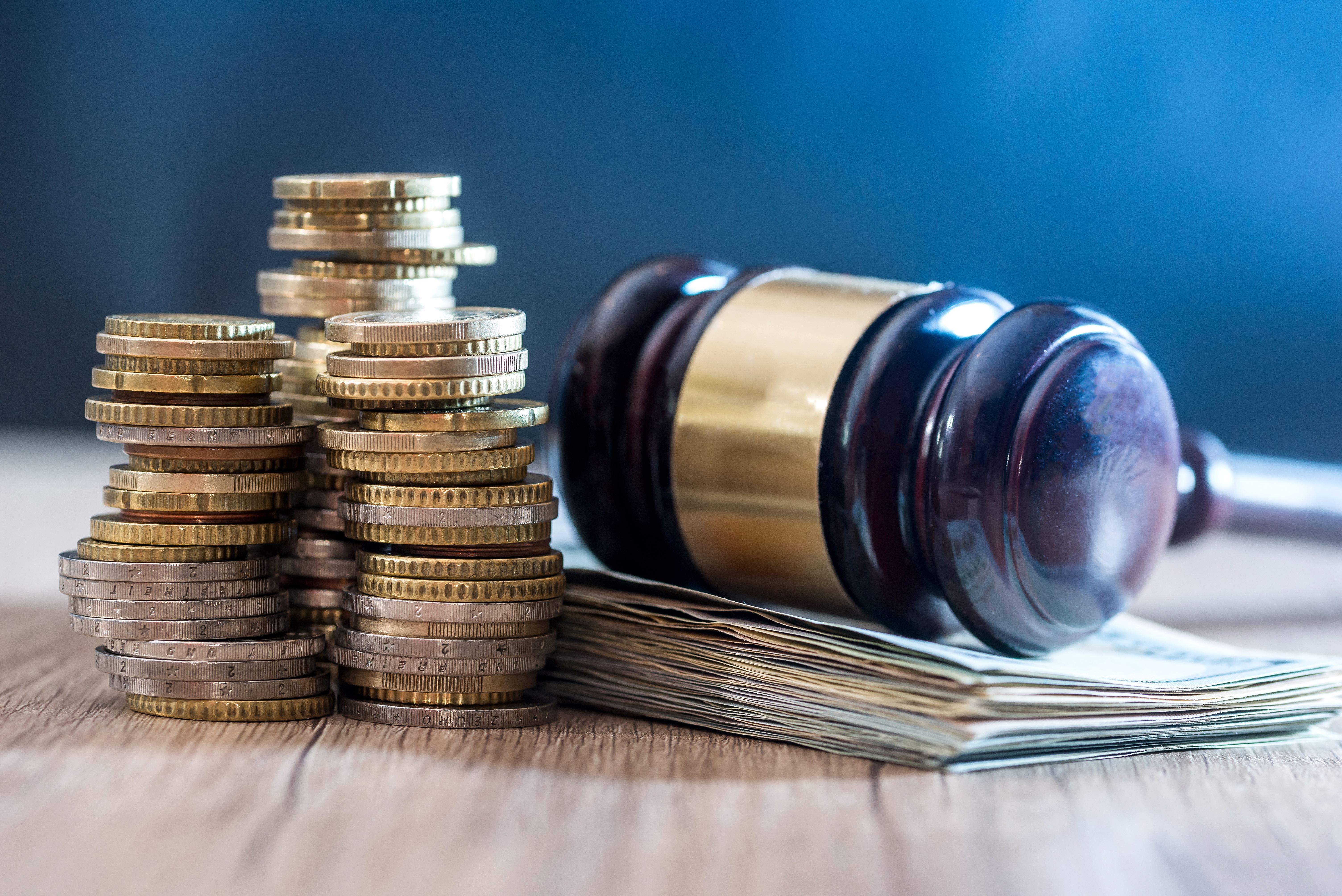The bills are piling up. Maybe it happened gradually--a missed credit card payment here, a missed car payment there--or maybe it was sudden: severe illness, loss of employment or another catastrophic change. Either way, it's more than you can handle. You've heard that declaring bankruptcy can wipe out debts and give you a fresh start, but you aren't sure if that's an option. Do you really owe enough to consider that?
No Minimum Debt
The good news is that there's no minimum debt you need to have to be eligible for bankruptcy. Even if the amount seems small compared to what you've read in the news or heard from other people, the important factor is that the debt is unmanageable for you. If you're under significant financial strain and are facing repossession, wage garnishment or legal action, that's enough to explore the debt relief that comes with declaring personal bankruptcy.
What Kind Of Debt You Have
Whether bankruptcy will be a good option depends in large part on the kind of debt you have and if you can repay it without filing bankruptcy. Certain kinds of debt can be discharged, including credit card debt, medical bills, personal loans, payday loans, mortgages, car loans and cash advances.
However, other kinds of debt will remain, even after you declare bankruptcy. These include child support, personal injury payments from drunk driving, and student loans. In rare cases, bankruptcy can eliminate student loans by invoking the Undue Hardship exception.
Credit Implications
One thing to note is that filing for bankruptcy will adversely affect your credit score for seven to ten years, depending on which kind you file for. However, keep in mind that this is temporary--the implications of not filing bankruptcy can often follow you for much longer.
Debt Limitations
The two most common kinds of personal bankruptcy--Chapter 7 and Chapter 13--differ in how much debt they address. For a Chapter 7 filing, there's no limit to the amount of debt that can be discharged, but you'll be expected to liquidate more of your assets. If you file for Chapter 13, you can keep more of your belongings, but there are stricter requirements about how much total debt you can discharge and what kind it is. An experienced bankruptcy attorney will be your best guide in this determination.
Regardless of your exact circumstances, remember that you're never out of choices. Bankruptcy is designed as a last, best option for people who would otherwise have no other way out from beneath their crushing debt. Exploring bankruptcy can feel like admitting defeat. Sometimes, though, it's the only thing that will let you win.


